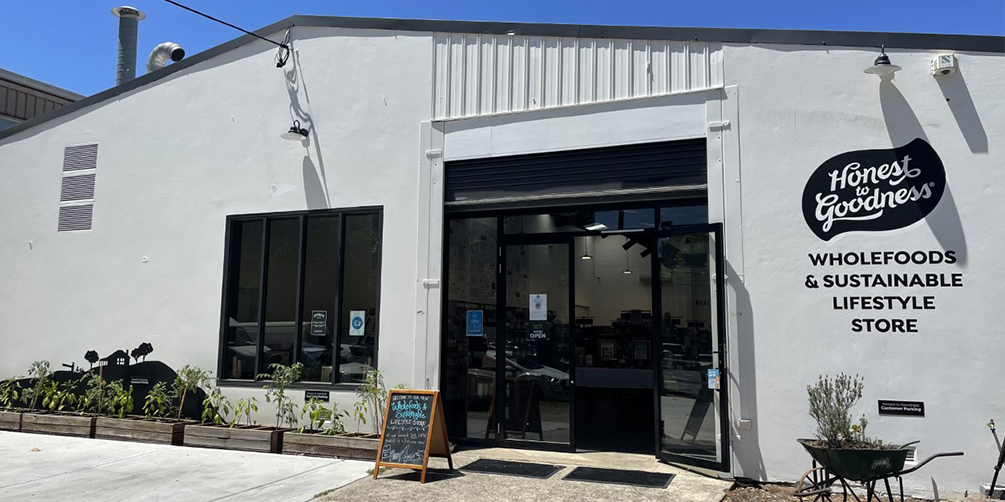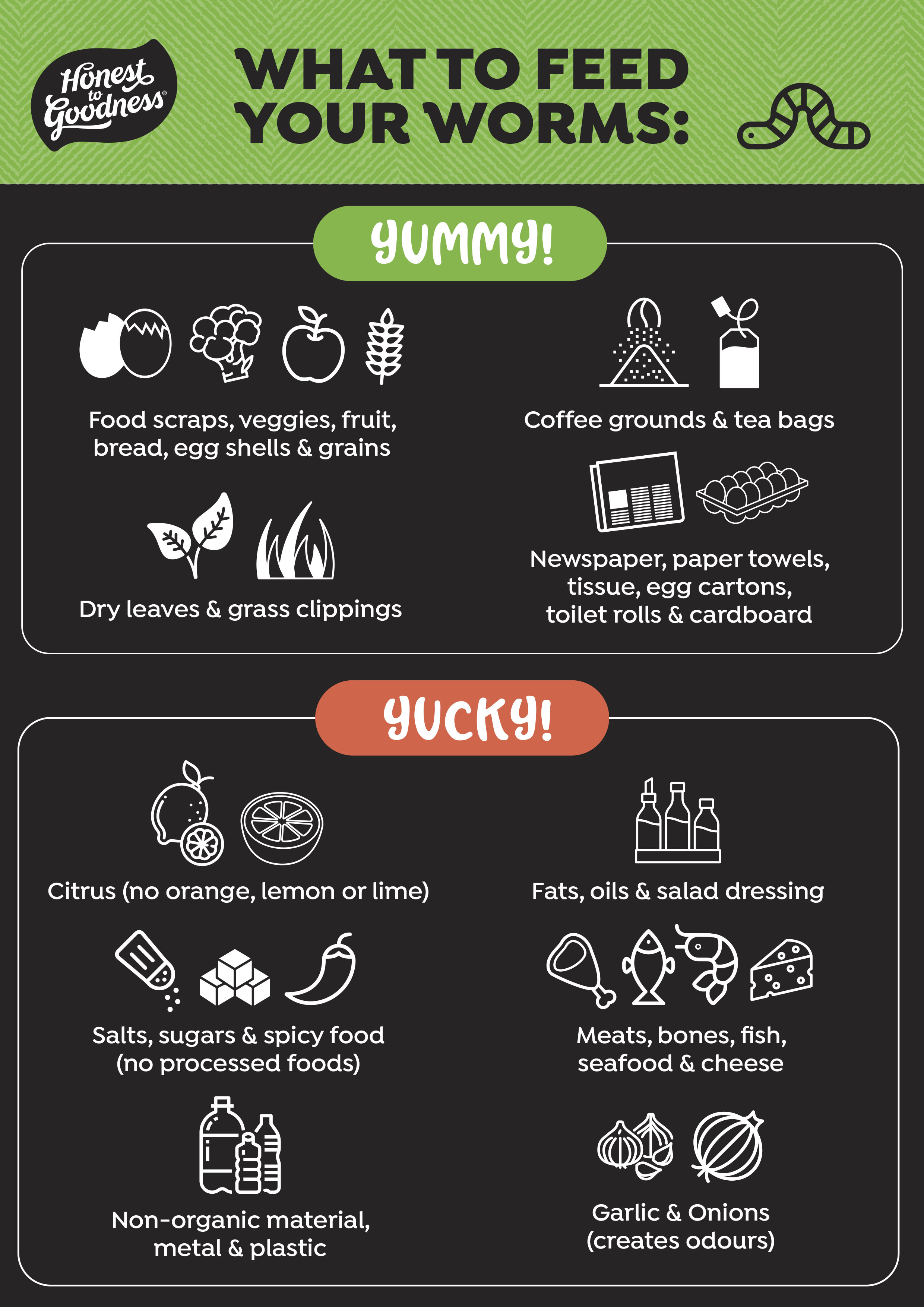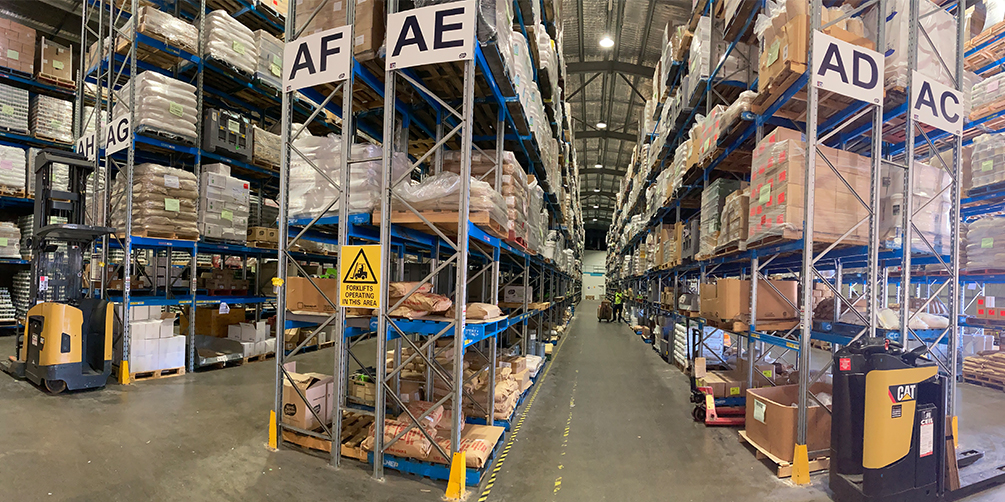
SUSTAINABILITY
Here at Honest to Goodness, we are serious about sustainability. One of our core values is our commitment to our collective social & environmental responsibility. In late 2019, we joined the pledge to achieve Net Zero Emissions by 2030. We are working with local experts to ensure we properly set our baseline and then actively reduce all emissions by this date. This includes self-reporting our performance annually. You can learn more about our Net Zero journey here.
For more on our sustainability journey, download our 2020-2021 Sustainability report below or read on about our efforts in our three locations: Head Office, Warehouse and our retail store, Honest to Goodness House.
HONEST TO GOODNESS HOUSE
- Bulk Products. We opt for bulk product options first. By 2021, bulk products account for nearly half (44%) of total floorspace in the form of fill-your-own bulk bins, flours packed in resealable and recyclable paper, liquids in reusable containers and products in bulk (4KG and greater).
- Sustainable Packaging & Bags. We encourage our customers to bring their own containers for refill and/or purchase sustainable options, including paper bags, reusable glass jars or rpet bottles. We also offer reusable fabric shopping bags.
- Refillosophy. Our bulk liquids refill station is a great way to cut down on waste. Customers can bring their own bottles or purchase rpet ones and refill dishwashing, laundry and disinfectant liquids.

HEAD OFFICE
- Energy Efficiency. We use LED lighting and are investigating a switch to solar for our outdoor signage. We also have energy-efficient fridges and aircon.
- Reusable Cookware. We avoid single-use items in Head Office, meaning we have ample mugs, bowls, cups, cutlery and plates for our staff to use. We also used recycled toilet paper.
- Damaged Goods. Products that we can no longer sell – for example, if they were dented during shipping – we give to our staff to consume rather than throw away. Expired and damaged products that are not fit for sale are donated to our neighbour OzHarvest.
- Responsible Disposing. We have specialised bins to carefully divide our rubbish, giving it the highest chance of being disposed of accurately. This includes a compost bin to feed our lovely office worms.
- Worm Farm. We have a worm farm in office that consumes our office compost and generates soil for our outdoor garden. The farm is maintained by our team and we're educated along the way. Below is our quick guide on what to feed your worms to help get you started with a farm of your own!

WAREHOUSE
- Energy Efficiency. All lighting was converted to LED for energy efficiency.
- Recycled/Biodegradable Packing Materials. The paper void fill used in our packaging for shipping purposes is biodegradable, compostable and recyclable. We also reuse boxes for shipping.
- Plastic Packaging. All plastic packaging is bound and collected by a recycling service. To note, we are continually investigating better packaging options. Our trial of available compostable packaging failed – you can read more about this here. We are persistent in looking for other suitable options.
- Stock Rotation. We manage our stock by FIFO – First In, First Out. This helps minimise waste.
- Bulk Packaging. We do not repack larger product sizes from their original supplier packaging to minimise waste. We also offer bulk product sizes to reduce overall solid waste.
- Recycling On-Site Materials. All plastics and cardboard used in our production facility are recycled.

We are continually in pursuit of new and better ways to be sustainable. Check back for regular updates on our sustainability journey, especially as we move toward Net Zero 2030.


